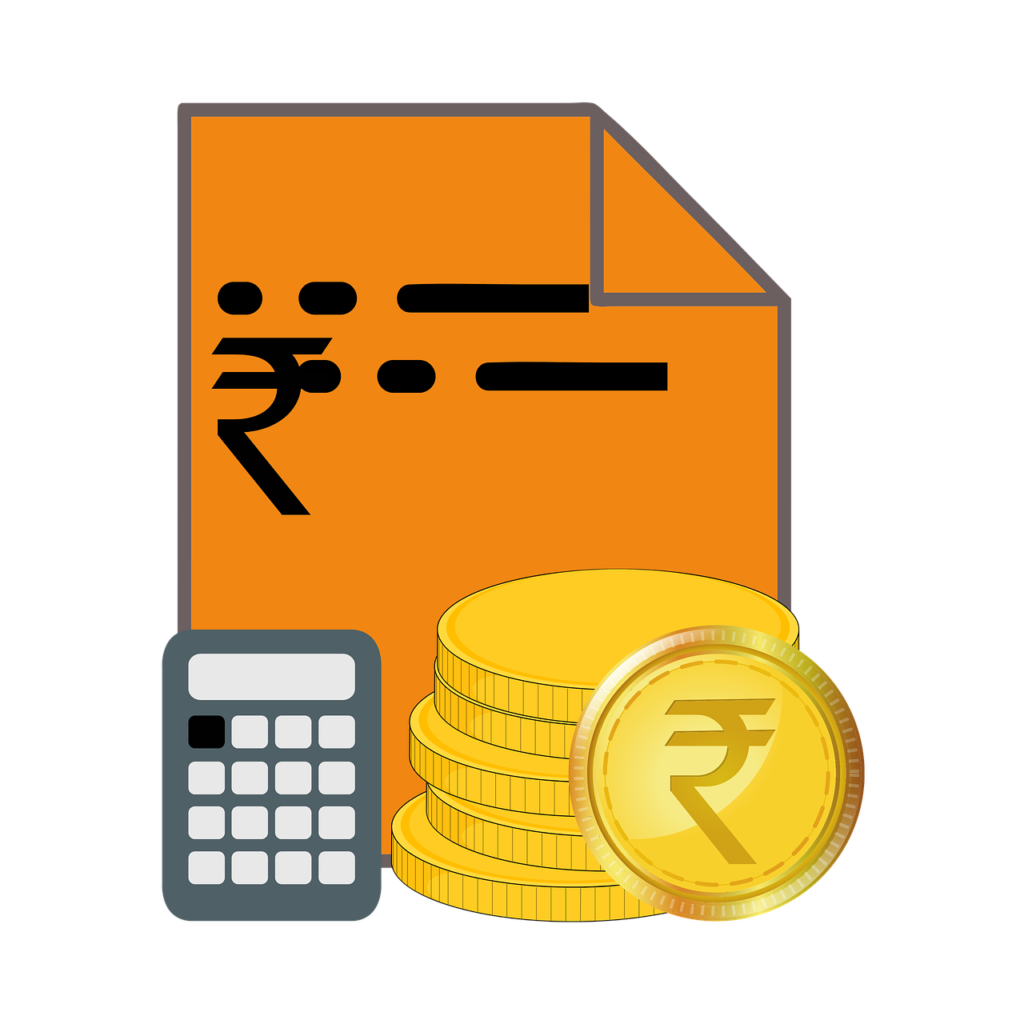Investments in cryptocurrencies and bitcoins are expanding rapidly. Half of the Americans who possess bitcoin did so this year. However, new investors still have a ton of worries regarding cryptocurrencies and their taxations, in spite of them being popular. The IRS has even released additional information on virtual currency.
The value of the cryptocurrency in your local currency at the moment of the transaction must be recorded in the United States. Since most exchange records lack a reference price point and data from different exchanges are not always consistent, doing this manually might take a very long time.
Let’s clear the basics first by understanding what cryptocurrencies are and then moving on to how you can you a crypto tax calculator.
Post Contents
What Are Digital Assets Or Cryptocurrency?
A cryptocurrency is any digitally generated information, code, or token that was produced using cryptographic techniques. To keep track of transactions and issue new units, it employs a decentralized approach.

You can use it for investments or financial activities and it can be electronically transferred, exchanged, or kept. In other words, cryptocurrencies can be used as a store of value, similar to gold or other assets, or as a form of payment for goods and services.
Why Should I Use A Crypto Tax Calculator?
In the 2022 budget, the government outlined income tax regulations for bitcoin transfers. Any revenue derived from the transfer of cryptocurrencies would be subject to a 30% tax rate. Aside from the cost of acquisition, no reductions from the bitcoin sale price are allowed.
You will not be able to offset the loss from the transfer of cryptocurrencies with earnings from any other heads.
To adapt future revenue from cryptocurrency trades, such losses cannot be carried over to the following years. By applying the pertinent income tax regulations, the crypto tax calculator enables the taxpayer to determine the amount of tax that is due.
How To Use A Crypto Tax Calculator?
You are two steps away from getting your taxes calculated by using a crypto tax calculator:
- Enter the purchase price of the transferred cryptocurrency as well as its sale price in the provided utility tool.
- The useful tool will display your income tax obligation for the specified bitcoin transaction.
Now while entering the details of your transactions in the crypto tax calculator remember these few points:
- In addition to the tax burden determined by the crypto tax calculator, you are also responsible for paying the relevant surcharge and cess.
- Instead of averaging the numbers for the entire year, you must enter transaction per transaction in the crypto tax calculator.
- No extra costs should be included in the purchase price.
- The only deduction from the asset selling price permitted under income tax regulations is the acquisition price.
The Bottom Line: Benefits Of A Crypto Tax Calculator
You may use a crypto tax calculator tool to determine the tax rate on all digital assets transactions in just two easy steps. The calculator applies all applicable tax laws and gives you the proper tax due on bitcoin transactions.

It saves you the time required to calculate manually and the charges of an accountant. There are tools on the internet that allows you to add an accountant on your behalf. But if you want to save those charges, you must get you hands on the best crypto tax calculator out there.
FAQs
1. How Much Will I Be Taxed On Crypto?
Cryptocurrencies are taxed based on short-term or long-term capital gains. Depending on your filing status and income from cryptocurrencies, you will generally pay 0%, 15%, or 20% on your long-term capital gains on digital assets.
2. Do I Have To Pay Taxes On Crypto Under $500?
Yes, any kind of losses or gains you incur from your digital assets (cryptocurrencies in other words) have to be reported to the IRS. They will deem you eligible to pay taxes based on your income and filing status.
3. How Do I Avoid Crypto Taxes?
The only way of avoiding crypto taxes is by not transacting them and holding on to them as digital properties. If you are not earning an income from them you don’t have to pay any tax but the moment you sell it to some (as a form of payment, even), you must pay tax.
4. Is Crypto Taxed At 28%?
Collectables are taxed at 28% compared to cryptocurrencies, bonds, or stocks. Cryptocurrencies are taxed at 20%, 15%, or 0% depending on the income of the seller.
5. What Happens If I Don’t File Crypto Taxes?
IRS has strict guidelines that will notify you when you don’t file your taxes on crypto. 90 days after this first notice s served, you will face a fine of up to $50,000 if the form is still not filled. Find Form 8938 now to report your crypto gains.






























